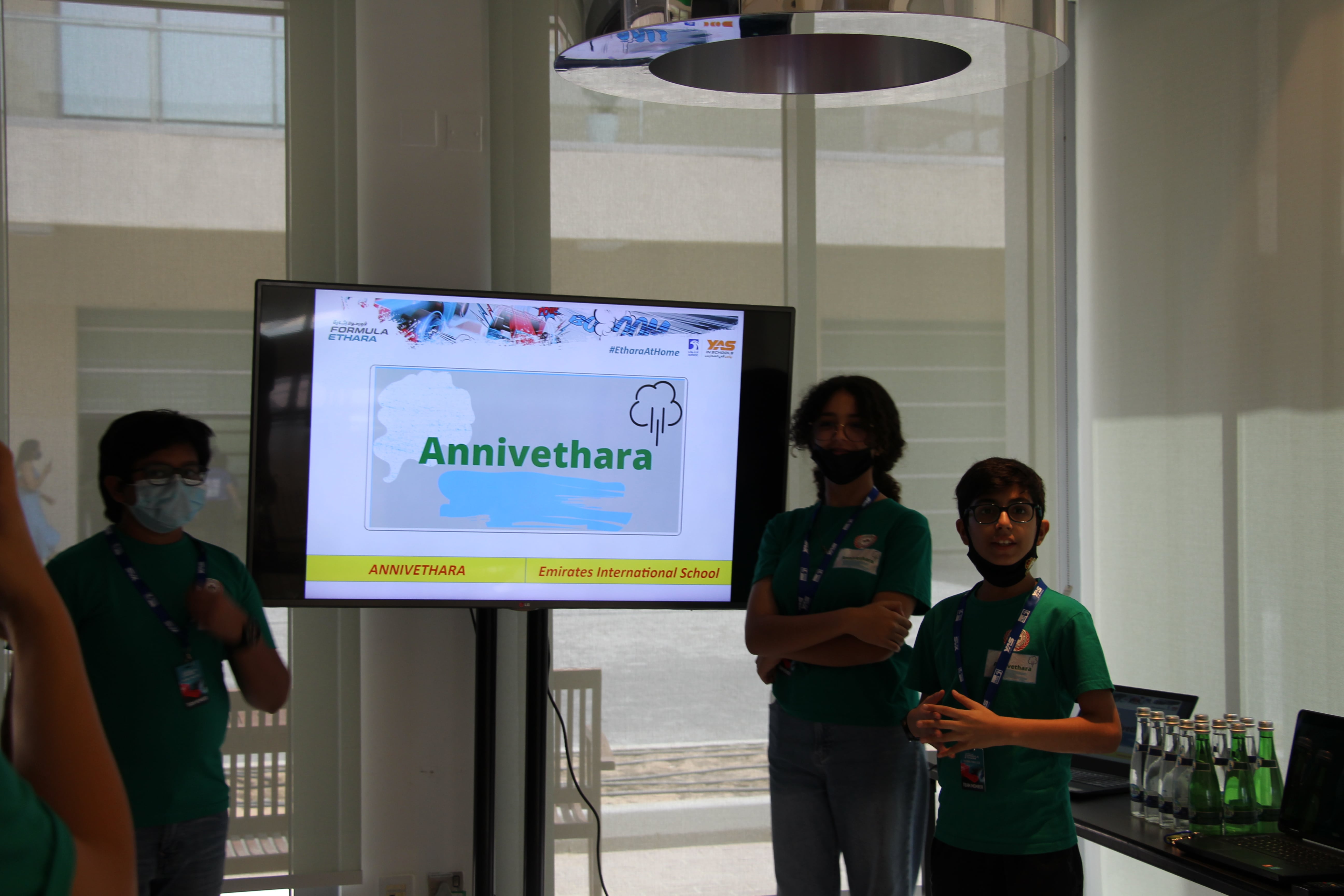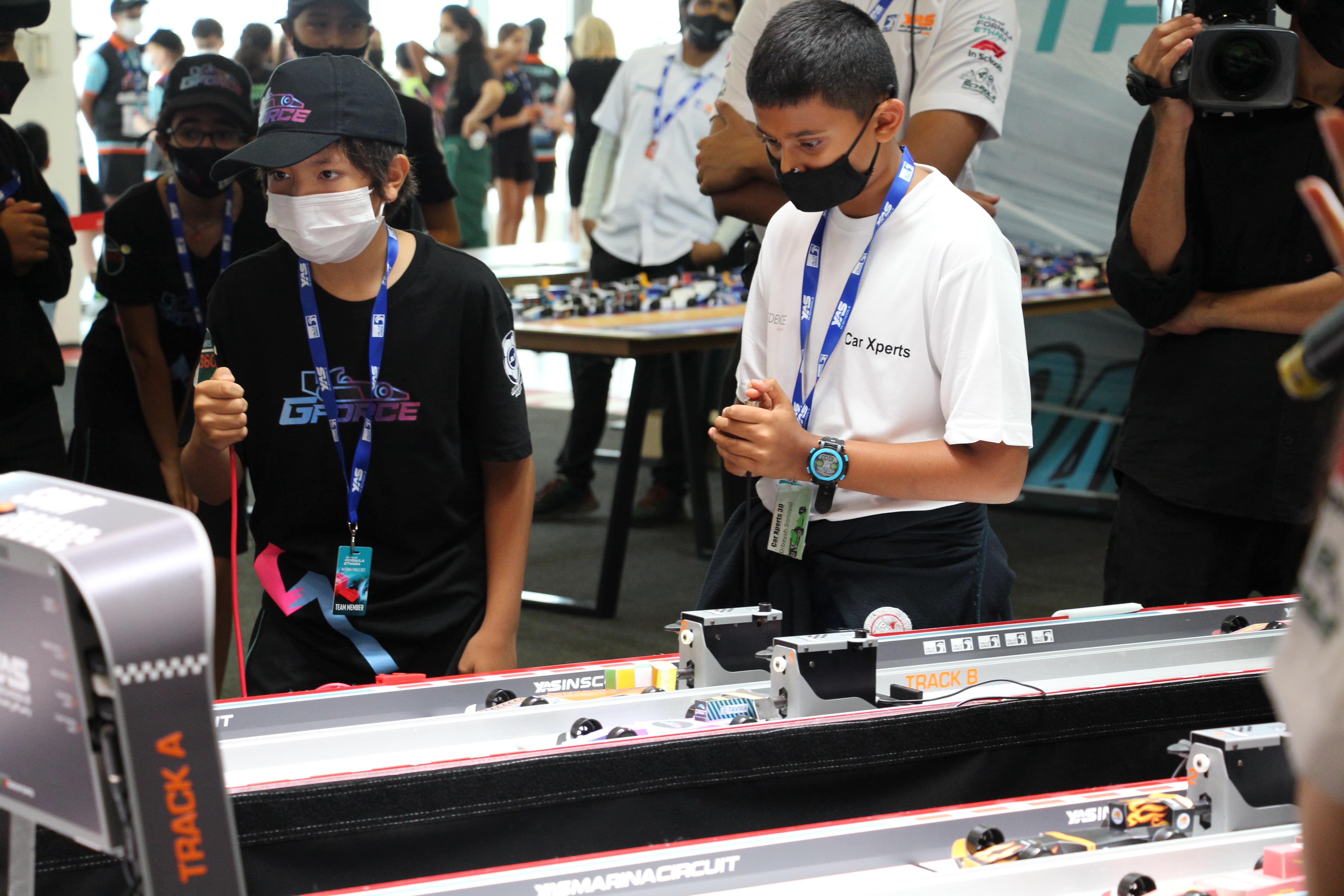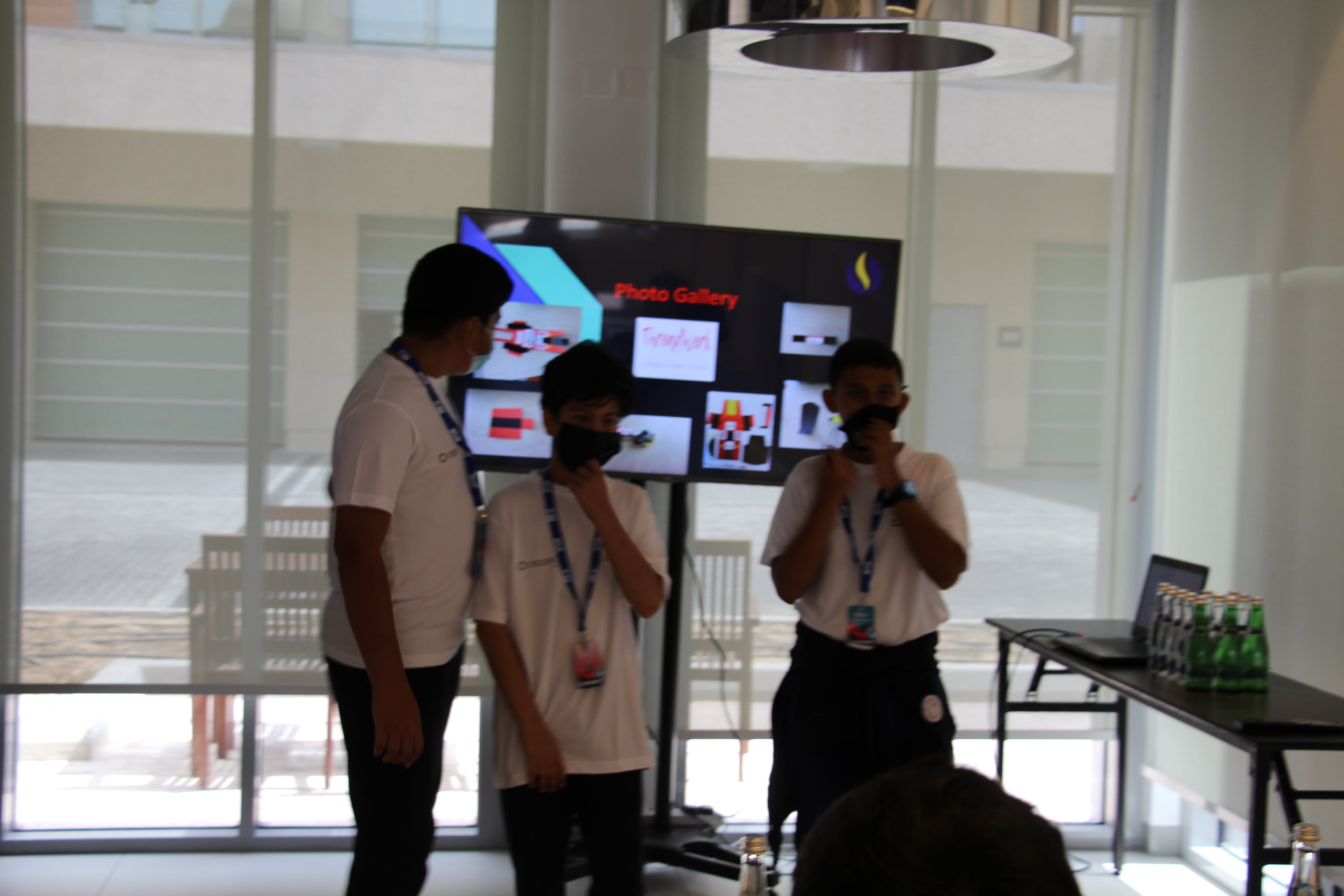- Home
- About Us
- Our Values
- Digital Citizenship
Digital Citizenship
School Value
We develop digital citizenship across the school community through the use of appropriate technology within our curriculum
Using technology is an essential part of our curriculum.
What is Digital Citizenship?
Digital Citizenship is using the internet in a safe, responsible way.
At EISJ, we guide our students to be Digital Citizens and make responsible choices. We do this through Internet Safety campaigns, Online webinars for parents, and lessons. This is further supported by our student policies. In addition, we have firewalls in place to ensure that we create a safe internet connection.
The Internet in Education
The internet is a powerful world of resources which assist students to be leaders in their own learning. We want the students to be able to use this to support their learning. However, it is also important that students understand:
- The risks of anonymity online
- That anybody can post online and so it is important to check sources
- That their posts are not always secure
- Their behaviour towards others should mirror that of face to face relationships.
- That they should always be careful of what they post online to avoid things such as online bullying or hate speech.
Device Management
As a BYOD school, students are also taught about using their own devices sensibly. This includes:
- Do not take pictures unless you have permission
- Do not leave your device unlocked or the password available
- Etiquette of using a device in social situations
Cyber Bullying
UNICEF defines Cyberbullying as
'bullying with the use of digital technologies. It can take place on social media, messaging platforms, gaming platforms and mobile phones. It is repeated behaviour, aimed at scaring, angering or shaming those who are targeted. Examples include:
- spreading lies about or posting embarrassing photos or videos of someone on social media
- sending hurtful, abusive or threatening messages, images or videos via messaging platforms
- impersonating someone and sending mean messages to others on their behalf or through fake accounts.
Face-to-face bullying and cyberbullying can often happen alongside each other. But cyberbullying leaves a digital footprint – a record that can prove useful and provide evidence to help stop the abuse.
(Downloaded November 2022)
At EISJ, cyberbullying is dealt with as any other bullying., We do also offer assistance to our parents on how to help from home - See our online webinar on cyberbullying
https://youtu.be/V2oq06pgYZg
Support pages:
supportline.org.uk
https://www.nspcc.org.uk/what-is-child-abuse/types-of-abuse/bullying-and-cyberbullying/
https://www.nationalbullyinghelpline.co.uk/cyberbullying.html
Local Laws - https://u.ae/en/information-and-services/justice-safety-and-the-law/cyber-safety-and-digital-security
The UAE has a number of laws in regards to online behaviour.
These include:
- Sharing others personal information without permission
- Creating fake email or social media accounts
- Defaming anyone online
At EISJ, we inform our community of these rules and regulations and believe our digital citizenship education will ensure adherence to the law.








